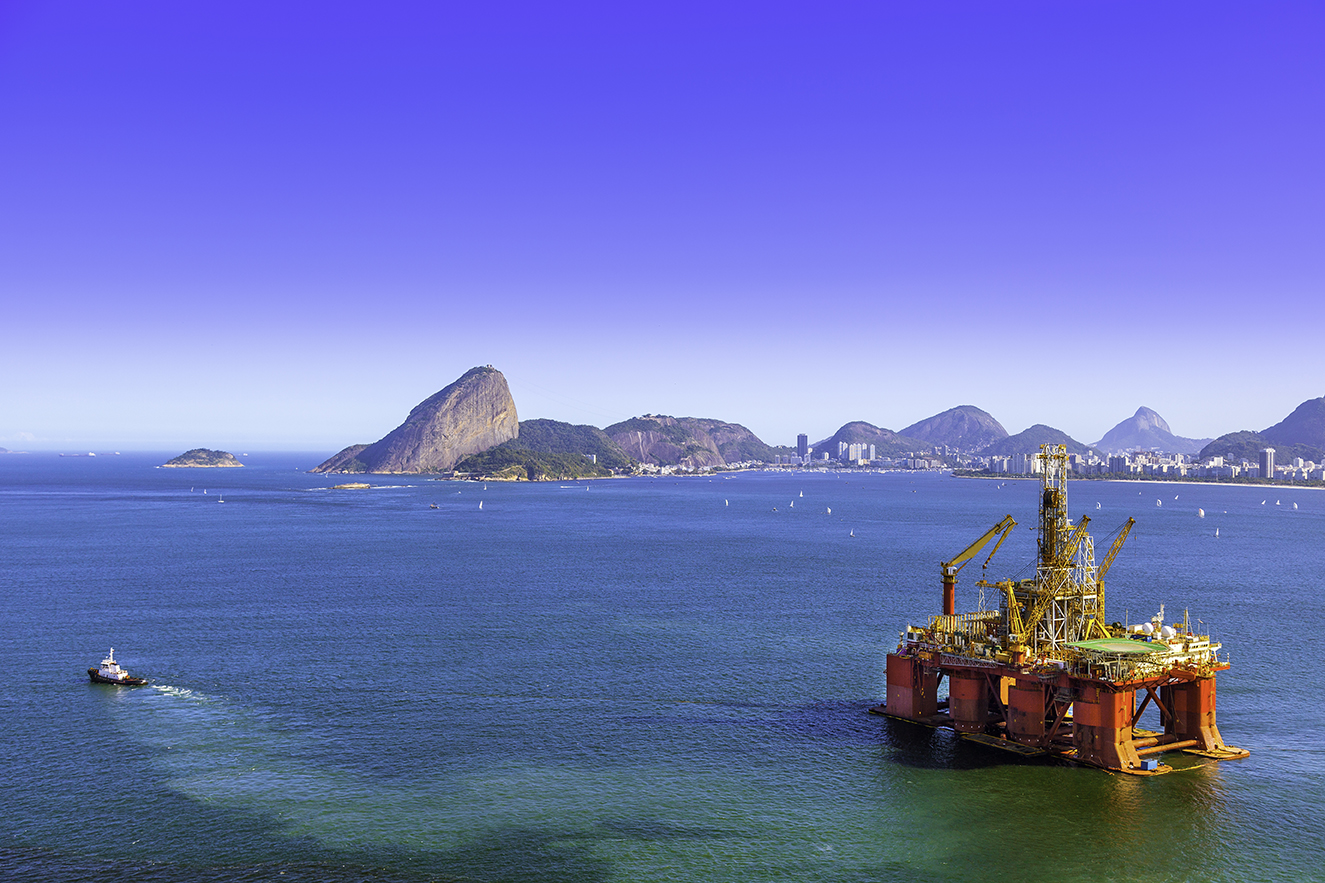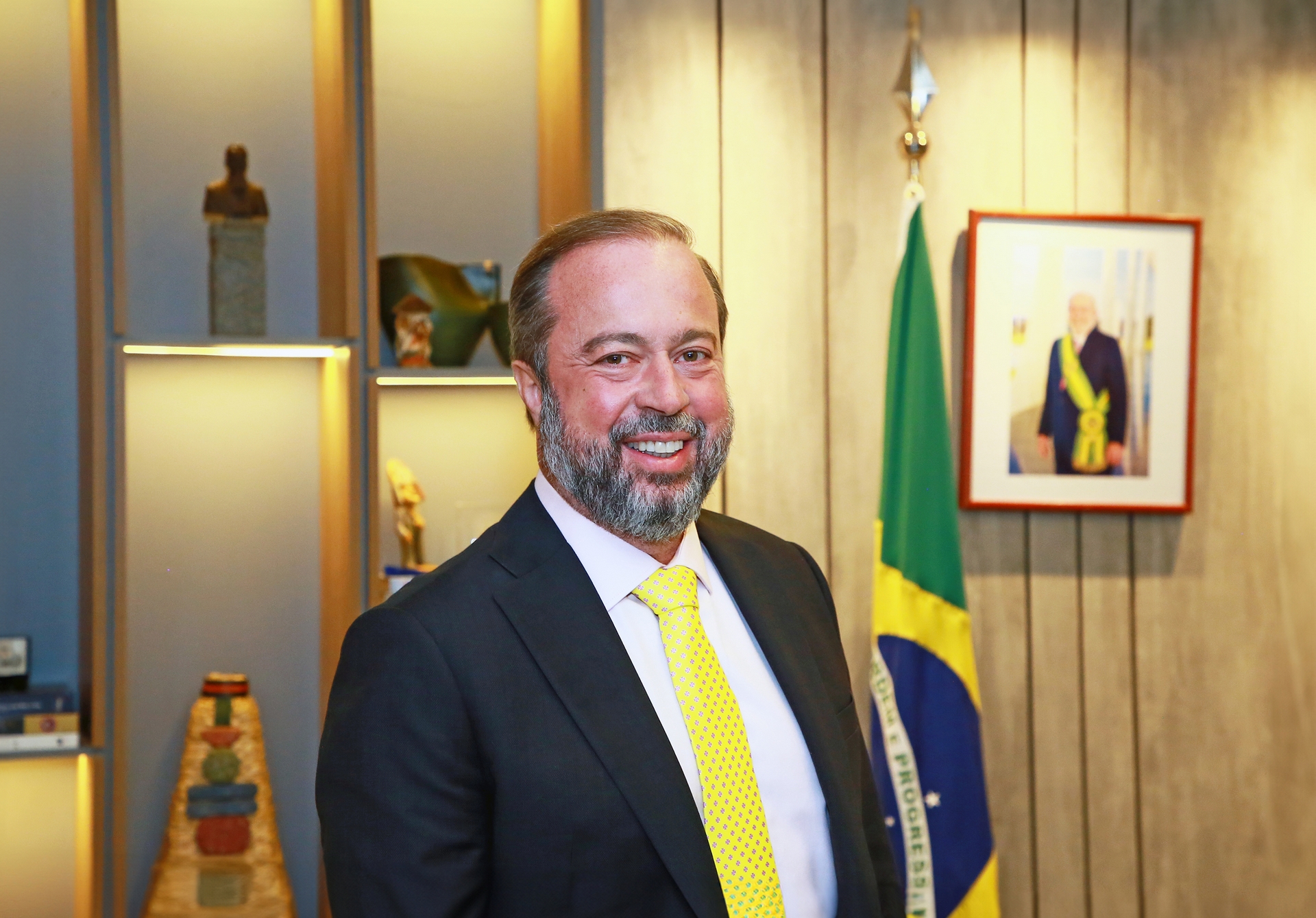

Brazil is committed to being a firm leader in the global energy transition. Indeed, we are seen as a benchmark for a country that is moving towards decarbonisation without giving up development, as confirmed by the World Economic Forum’s Energy Transition Index and the review of national energy policies conducted by the International Energy Agency.
We have created this by being consistent in the formulation and implementation of public policies and - anchored in long-term planning instruments, regulatory solidity and alignment between the energy, economic and environmental dimensions - by creating a stable and attractive environment for investment, including in new technologies. This guarantees that Brazil will not only be able to maintain its energy matrix but also its expansion in parallel with economic and demographic growth.
Today, 90% of Brazil’s electricity matrix is renewable, and by 2024 the total energy matrix will have exceeded the 50% mark for renewable sources.
The energy transition cannot be limited to technological change alone, and that it is essential to vigorously contemplate social inclusion and take care of the most vulnerable sections of the population, especially in the countries of the Global South.
Hydroelectric and solar power
Hydroelectric and solar power play an important and significant role in Brazil’s renewable matrix, and are strategic sources on the path to compliance with our nationally determined contributions (NDCs) under the Paris Agreement. We are making significant progress in this direction. Solar power generation grew by 51% in 2023, making it the country’s fastest-growing sector the last year.
In addition, the high technical and geographical potential of solar energy in the country, which has excellent irradiation in all regions, shows that it is ready to be considered as an important tool for meeting national decarbonisation targets.
Future export hub
Brazil is often mentioned as a future export hub for clean energy, especially green hydrogen and ammonia. We are working hard to strengthen the sector, with plans to excel in the global low-emission hydrogen market.
One of them is our 2023-2025 Three-Year Work Plan of the National Hydrogen Programme (PNH2), which sets targets and priorities for the consolidation of low-emission hydrogen hubs in Brazil, with important milestones in 2025, 2030 and 2035.
In 2024, we enacted the Hydrogen Legal Framework (Law No. 14,948/2024) and now the proposal for a regulatory decree for exploration, production and the incentives established in the Special Incentive Regime for Low-Carbon Hydrogen Production (Rehidro) and the Low-Carbon Hydrogen Development Programme (PHBC) is being finalised.
Alexandre Silveira de Oliveira is a Brazilian lawyer, former police delegate, businessman, and politician.
He served two terms as a federal deputy from Minas Gerais and later as a senator.
He also held state roles such as head of DNIT, Metropolitan Management Secretary, and Health Secretary in Minas Gerais.
On January 1, 2023, he was appointed Minister of Mines and Energy under President Lula.
Affiliated with the PSD, Silveira has authored key legislation including social welfare PECs and initiatives in security, infrastructure, and energy.
